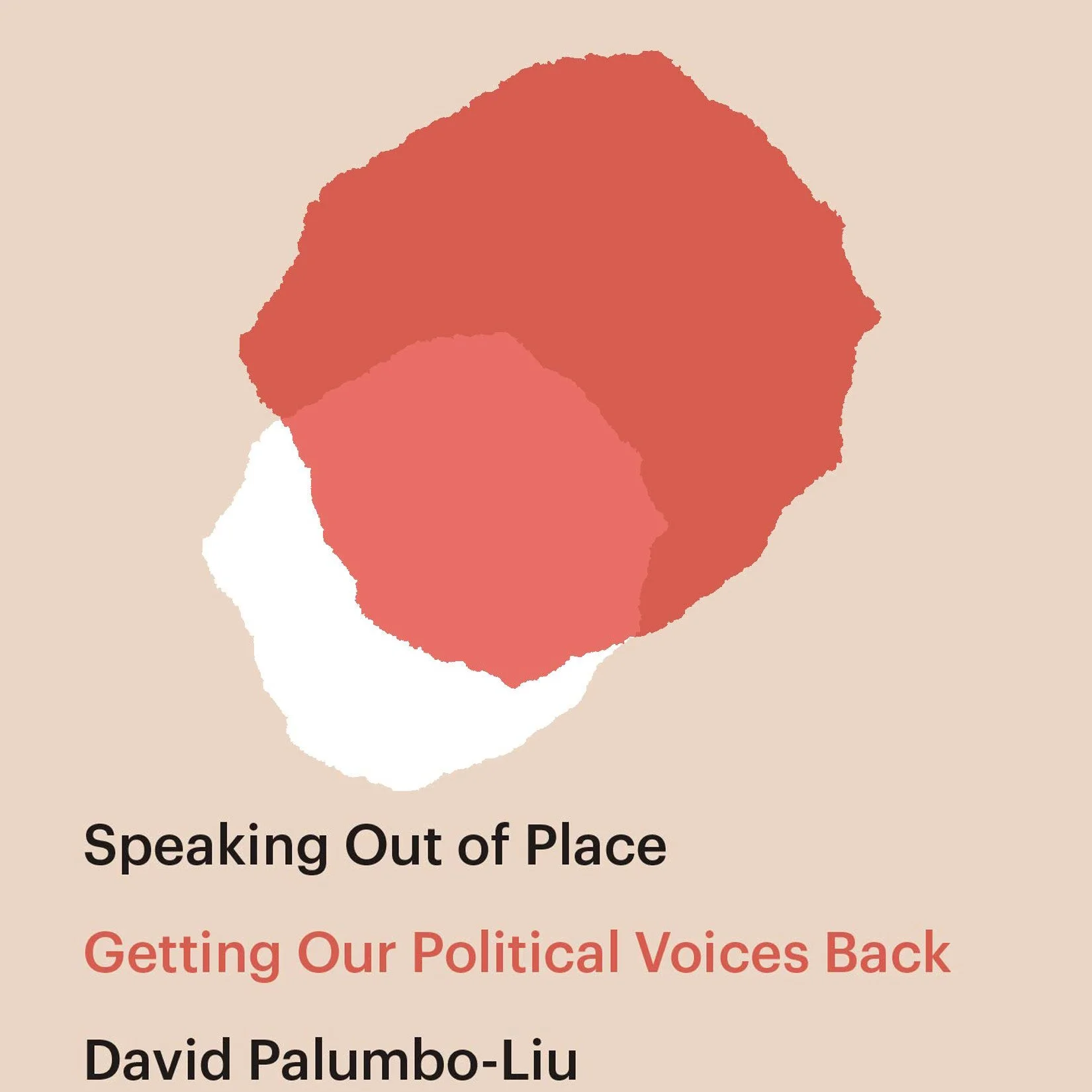(Highlights) Candace Fujikane · Author of "Mapping Abundance for a Planetary Future”
/Author of Mapping Abundance for a Planetary Future
Professor of English at the University of the Hawaiʻi at Manoa
The struggle for a planetary future calls for a profound epistemological shift. Indigenous ancestral knowledges are now providing a foundation for our work against climate change, one based on what I refer to as Indigenous economies of abundance—as opposed to capitalist economies of scarcity. Rather than seeing climate change as apocalyptic, we can see that climate change is bringing about the demise of capital, making way for Indigenous lifeways that center familial relationships with the earth and elemental forms. Kānaka Maoli are restoring the worlds where their attunement to climatic change and their capacity for kilo adaptation, regeneration, and tranforma- tion will enable them to survive what capital cannot.



